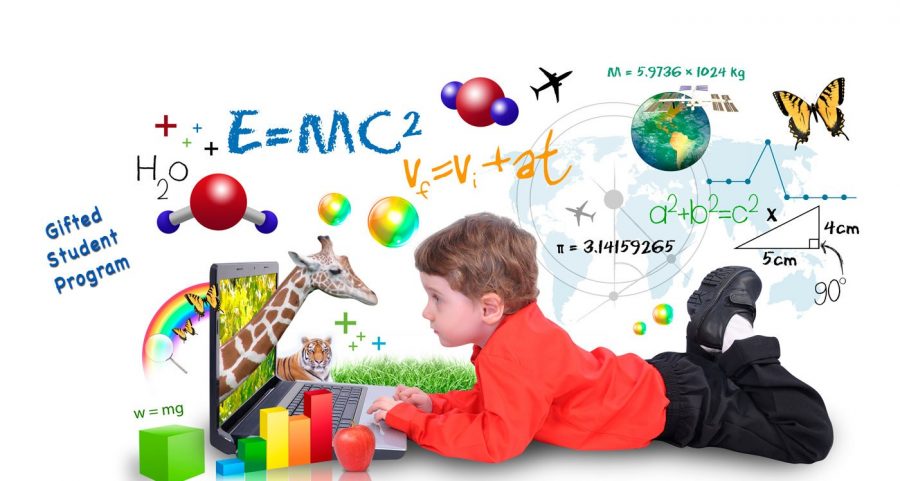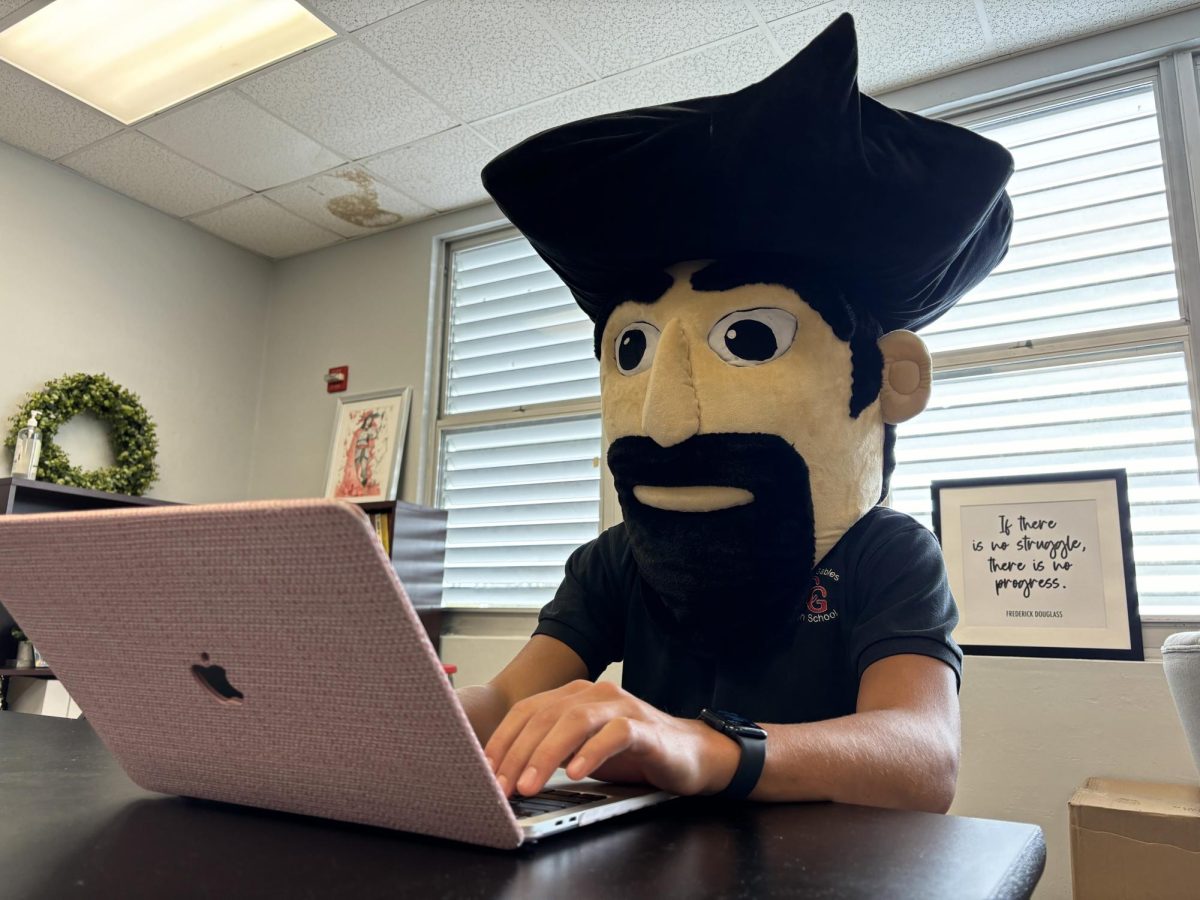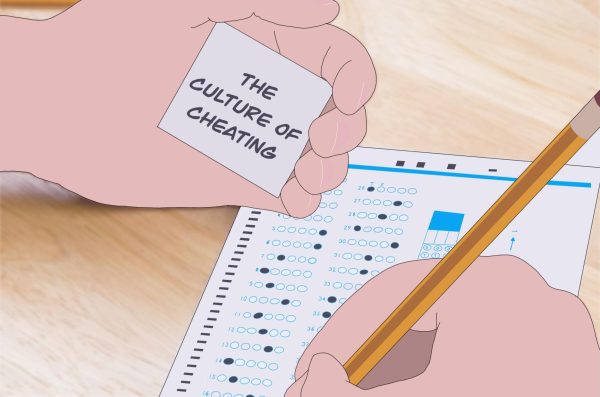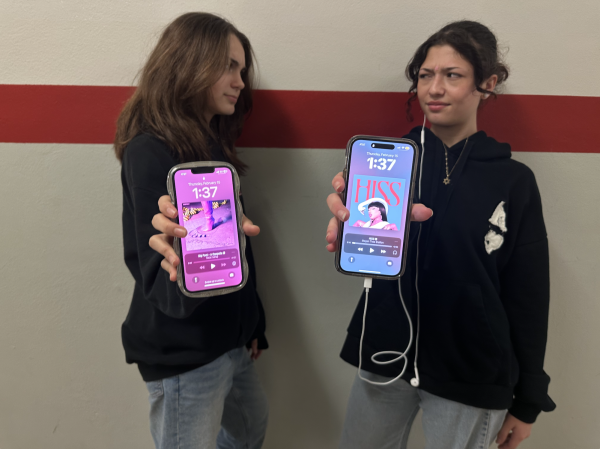What Does Being “Gifted” Even Mean?
What does it really mean to be gifted?
Jun 7, 2016
The National Association for Gifted Children (NAGC) defines gifted as students, children, or youth who give evidence of high achievement capability in areas such as intellectual, creative, artistic, or leadership capacity, or in specific academic fields, and who need services and activities not ordinarily provided by the school in order to fully develop those capabilities. Children in gifted are often categorized as intellectually more capable than non-gifted kids and are tested for the gifted program at early ages. The major testing components are children’s achievement and ability; the test scores are supposed to prove whether the student thinks a certain way and process instructions quickly.
Children who pass are considered “gifted” for the rest of their K-12 education. But, what about the children that grow up to slack off? Should they still be in the same classrooms as these “intellectually talented” individuals? Removal from the program is extremely difficult and chances are kids will take gifted classes despite their academic effort and dedication. Therefore, the academically advanced environment the gifted program aims to have is nothing but a norm set by the program. The term gifted is simply a label used by the schools in order to earn funds since they receive more money for every gifted student they have. In high school, gifted classes don’t differentiate from the others because they follow the same curriculum and go at the same pace as regular classrooms. In fact, gifted classes are not always the ones with the higher scores, as many people assume.
The term was first given in 1869 by Francis Galton to refer to children who had the potential of becoming gifted adults. It wasn’t until 1926 that Leta Hollingsworth published a book with “gifted children” and the term has been used ever since. Throughout time, various definitions for gifted have changed and to this day there isn’t one clear definition of the term. There are different views and definitions which some don’t consider a child or adult gifted unless they can demonstrate their ability to be “gifted”,while others see being gifted as the potential to excel whether that potential is reached or not.
The lack of agreement on the meaning of gifted serves as proof of how valid the term really is. It suggests to some that the term can even be considered a social construct that doesn’t have a set of beliefs attached to it. Additionally, the way of evaluating a gifted child varies depending on the school. For example, a school in Florida might give children an IQ test whereas Oregon might assess their students through achievements tests (i.e SAT, ITBS). Due to the fact that there are different evaluations, how can one common score be reached with two different test? Tests specifically designed for the gifted population include Test of Mathematical Abilities for Gifted Students or Screening Assessment for Gifted Elementary Students (SAGES). But what happens to ‘gifted’ students that don’t necessarily excel in math? Does that make them not intellectual gifted because they lack strength in one subject?
“Personally, I believe that being gifted doesn’t necessarily mean that a child is gifted. Although I’m not seen as “gifted’, I have personally seen kids in the gifted program who do not demonstrate the qualities of a gifted student. This is another label our society has put on children since their early ages; but it doesn’t mean that kids that aren’t gifted don’t have certain abilities,” freshman Dominique Babin said.
Although some may argue that being gifted doesn’t mean that one is smarter, rather their ability to absorb content, studies have proved that students’ abilities can be reduced with age. As mentioned before, Floridian students take IQ tests to enter the gifted program. However, an article on Psychology Today shows that an IQ level can decrease with age and most children are tested during elementary school. Children are able to lose the capabilities they once have reached their high school years. Yet, schools like to keep children in the program for the profit they make out of the title.
The term gifted has been a source of income for public schools and has labeled children for their abilities at a young age. All children have different academic needs and children’s abilities change throughout time.There is no doubt that children with astounding intellectual abilities exist. The same traits that we recognize in gifted children can be seen in children all around the globe, and signs can be seen at an early age. A label should not make anyone feel inferior or doubtful of their intellectual capabilities. Mankind needs individuals who challenge themselves and are not afraid to learn, not kids who’s abilities are defined by the term”gifted”.






















